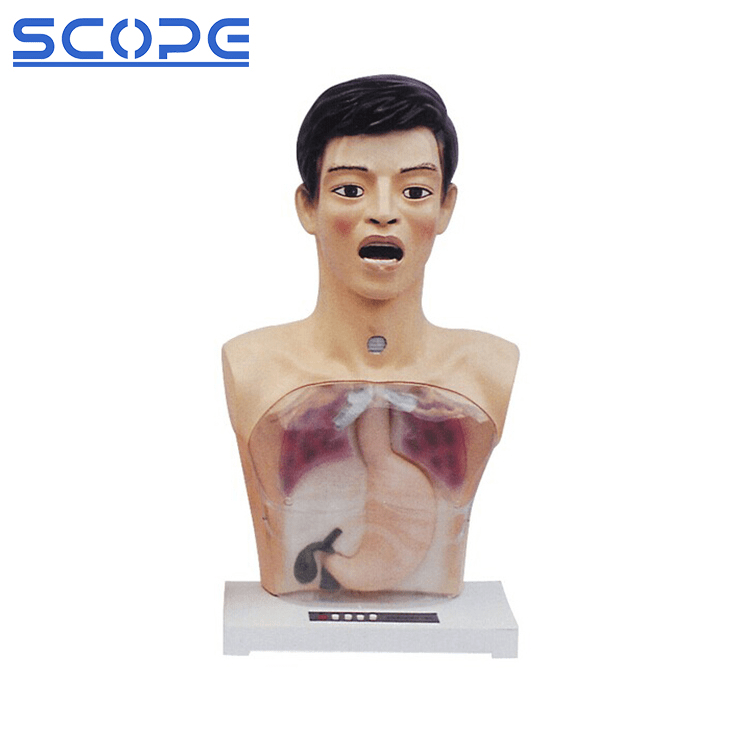What Are the Safety Concerns With Using Nursing Training Manikins?

While invaluable for honing skills, nursing training manikins can pose potential risks. Here's a breakdown:
Physical
l Choking hazards: Small parts or accessories on manikins can cause choking hazards, particularly for trainees working with simulated infants or children. Close supervision and proper storage are required.
l Ergonomics: Manipulating manikins, particularly heavy or complex ones, can result in musculoskeletal injuries in trainers and trainees. Proper lifting techniques and weight limits must be emphasized.
l Electrical safety: To prevent electrical shocks, certain manikins have electronic components that must be used and maintained properly.
l Sharp edges or protrusions: Some manikins may have sharp or detachable parts that can cause cuts or punctures. Regular inspections and proper handling are critical.
Psychological
l Dehumanization: Overreliance on manikins may lead to a disconnect from the human side of patient care. It is critical to balance manikin training with real-world patient interaction.
l Emotional distress: Using manikins to simulate medical emergencies or injuries can cause emotional distress for some trainees. Debriefing sessions and access to support services should be provided.
l Infection control: Improper cleaning and disinfection of manikins can lead to the spread of bacteria and viruses. Regular cleaning protocols and hygiene practices are necessary.
Additional considerations
l Training environment: The training environment should be safe and conducive for learning. Adequate space, lighting, and ventilation are necessary.
l Manikin functionality: Ensure that the manikins are in good working order and offer realistic responses for effective training. Malfunctioning manikins can impede learning and set unrealistic expectations.
l Trainer Qualifications: Trainers must be qualified and experienced in using manikins and delivering effective instruction.
- Art
- Causes
- Crafts
- Dance
- Drinks
- Film
- Fitness
- Food
- Jeux
- Gardening
- Health
- Domicile
- Literature
- Music
- Networking
- Autre
- Party
- Religion
- Shopping
- Sports
- Theater
- Wellness


